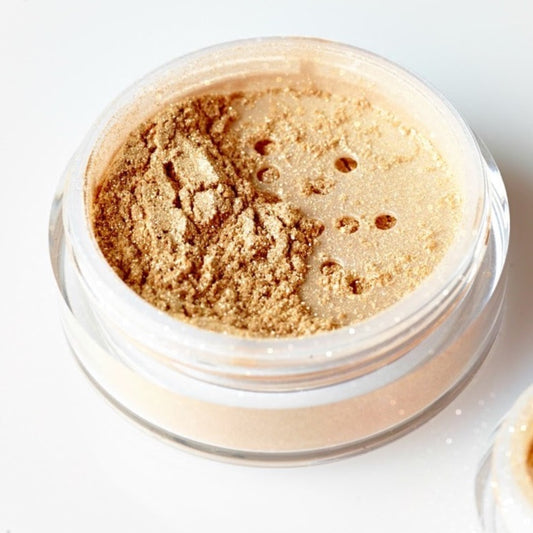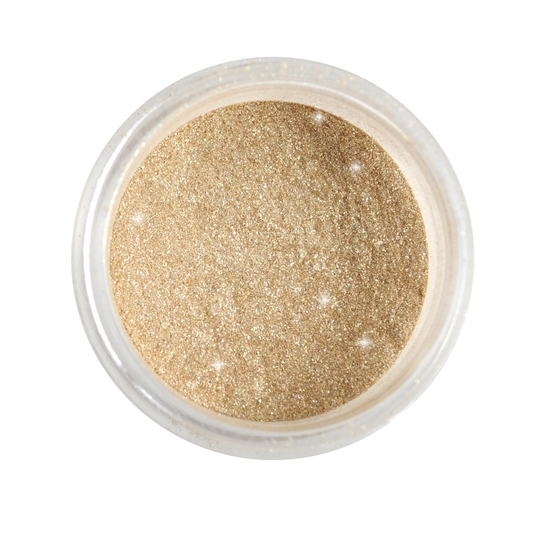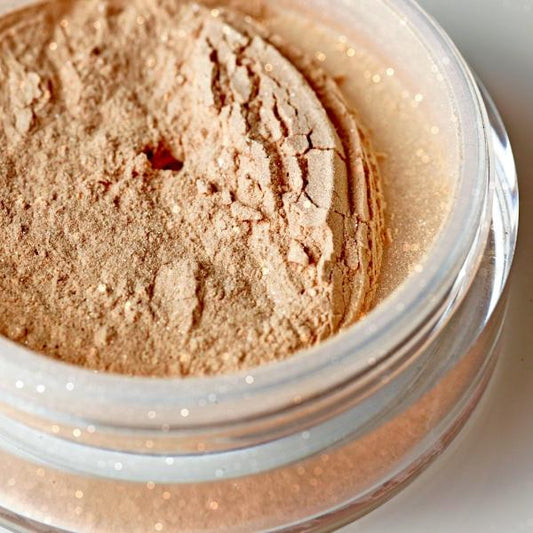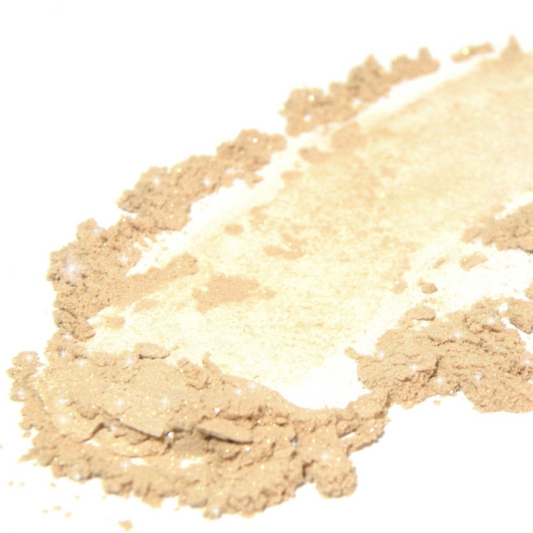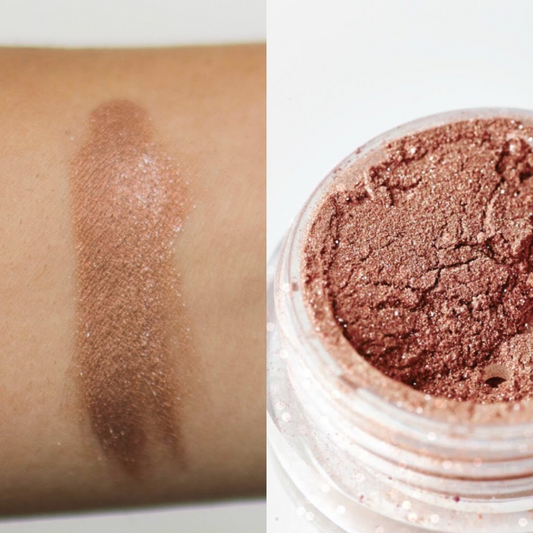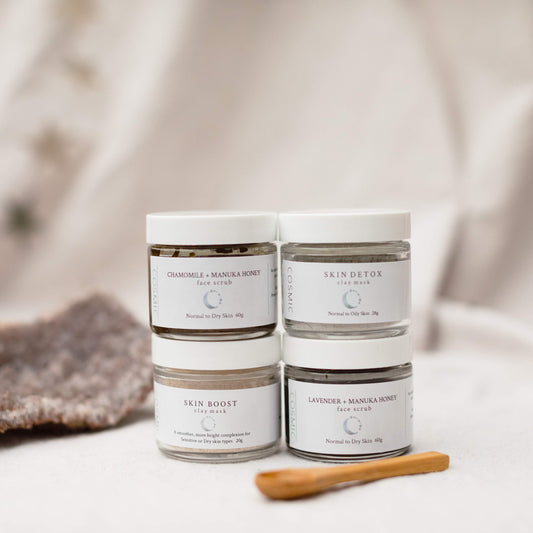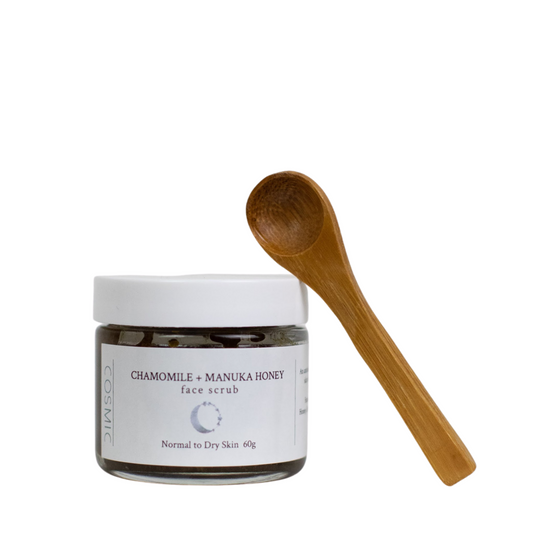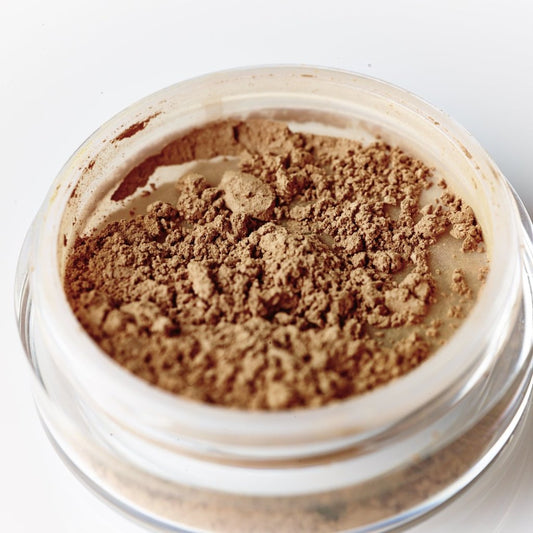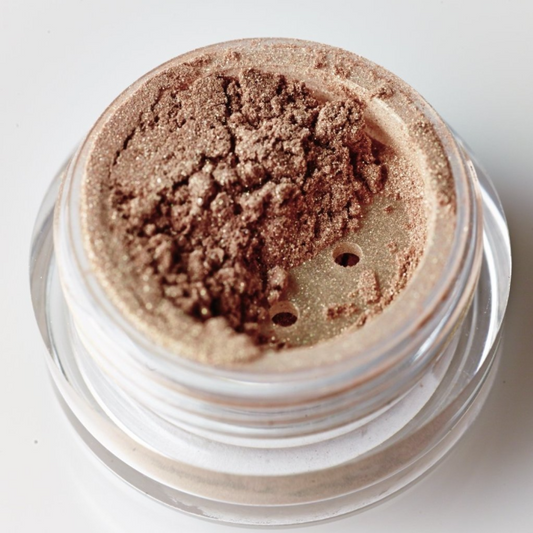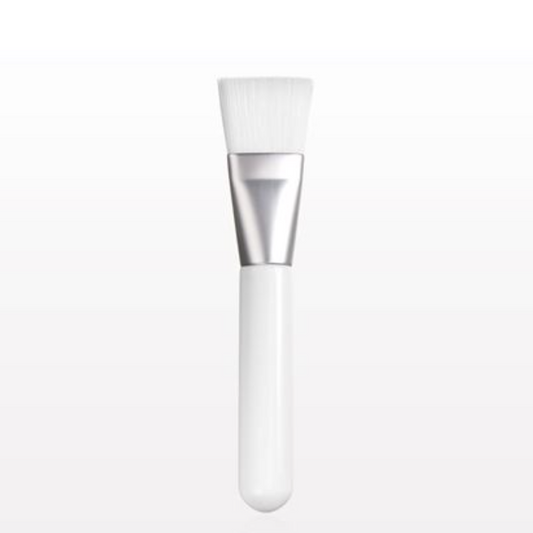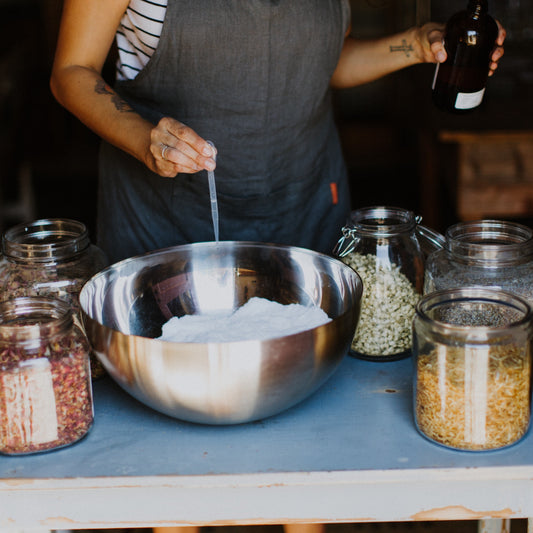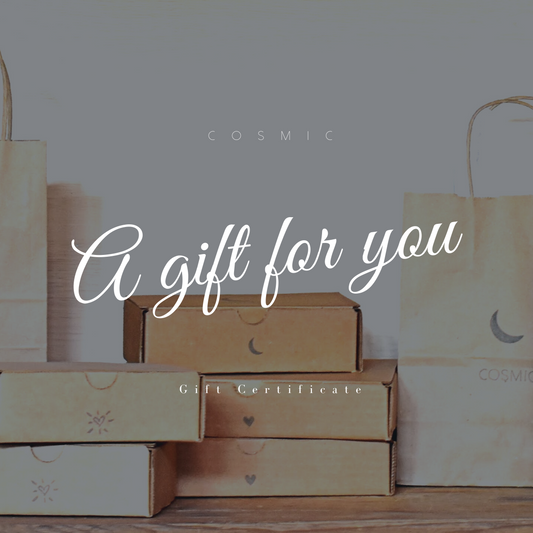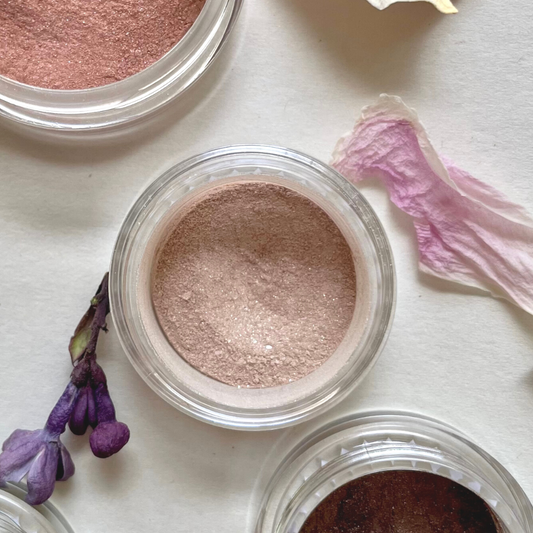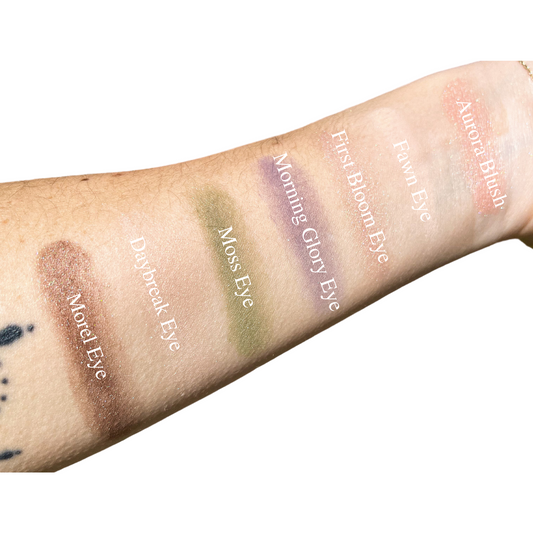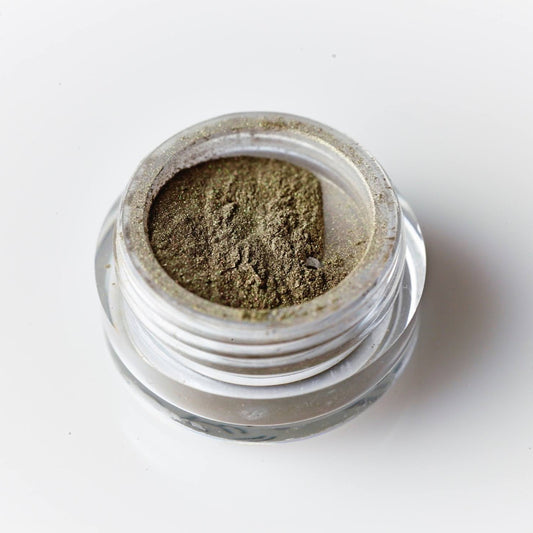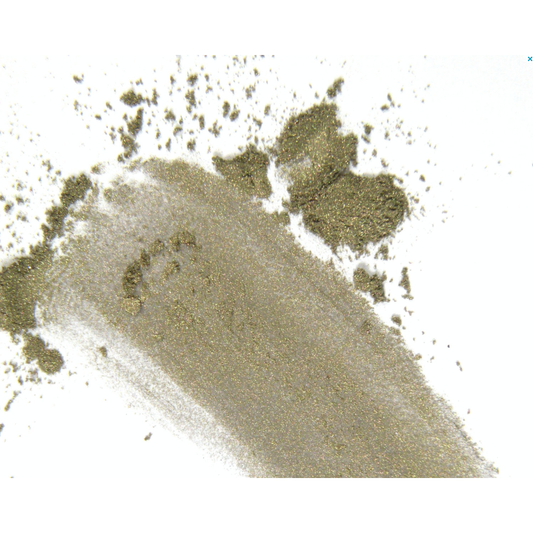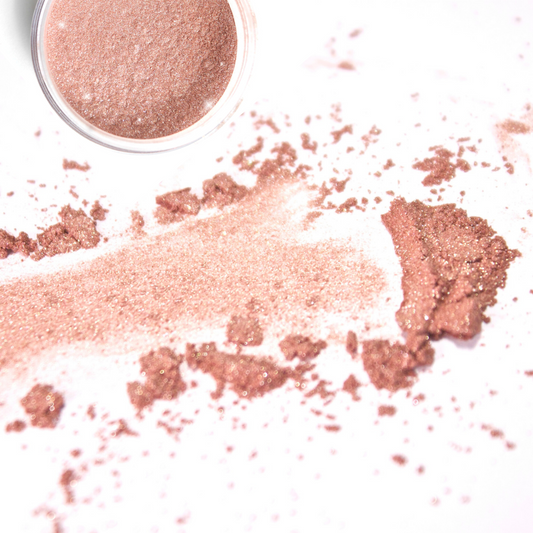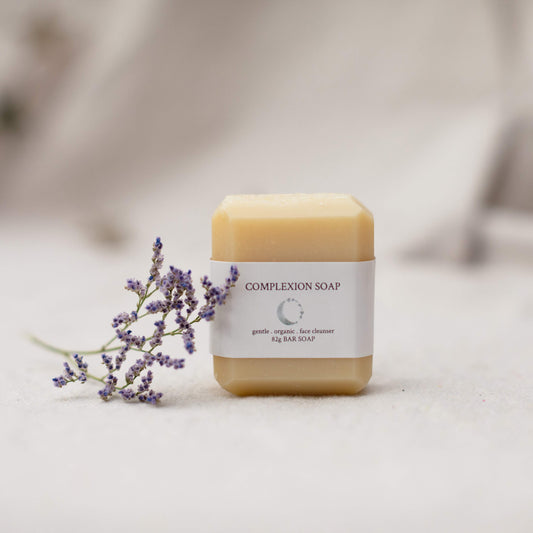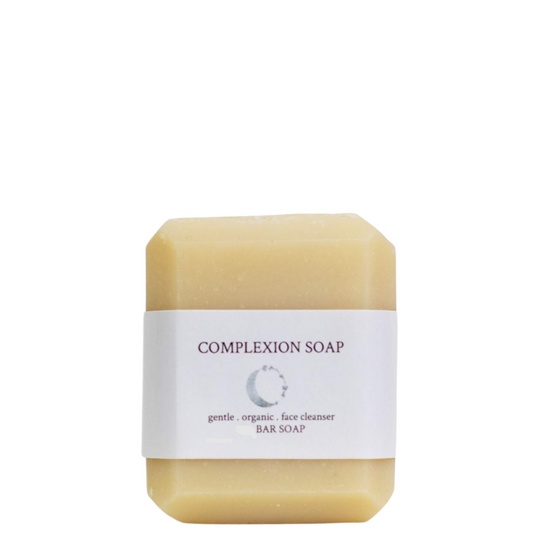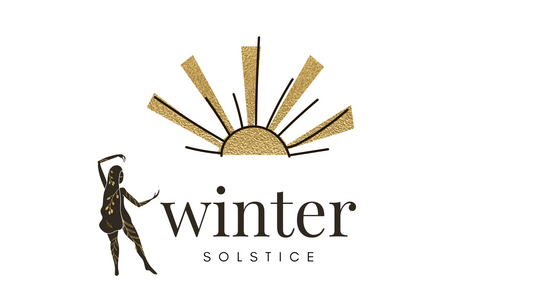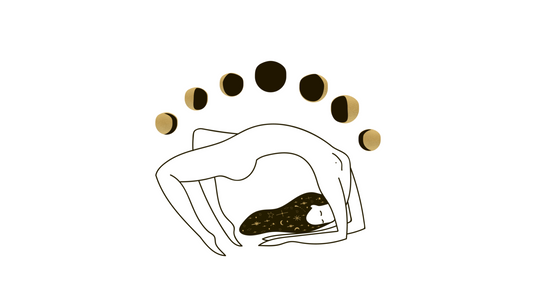Let's rewind to 2008 when I realized how many assumptions I had made about product safety on store shelves. 🙈 Before this, I'd always assumed that the FDA set standards and held manufacturers accountable for keeping products we consume, eat, breathe, and rub on our skin safe. But boy, was I wrong... turns out that the FDA does little about keeping undesirable chemicals in cosmetic products off store shelves. Now I don't want to be dramatic. Still, prolonged daily use of some chemicals commonly used in cosmetics can cause irritations, aggravate acne, trigger allergic reactions, and disrupt the delicate balance of our hormones. 🧪🤕
So as a young wife and mom, then 31 with an 11-year-old son and an 8-year-old daughter, I realized keeping my family healthy and safe in this way was my responsibility, and most likely, just like you, I began cleaning up our life, our diet, our home, and our bodies. 👨👩👧👦
Initially, I wanted to buy products I could feel good about my family using daily. The more I learned, the more frustrated I became with the cosmetic industry's deceptive marketing and labeling practices in general. 🛍 I searched for a company I wanted to support because they put our health first. My new standard was a different kind of "natural," not the deceptive sort of natural that companies like Proctor & Gamble tout their products to be. But a look you in the eye, real person kinda natural. No chemical preservatives, undesirable ingredients, fillers, or junk I couldn't pronounce. 🌱
I decided it was my responsibility to share what I knew. So, from the start, every decision has been rooted in using only natural, healthy ingredients and holding all our products to the same standard as that first bar of soap. Simple, natural, effective. But when it comes to soap-making, there are almost as many different methods and ways to customize soap as there are soap makers to choose from, lol.
So how did I choose from the three most popular "handmade" options, melt-and-pour soap, cold-process lye soap, or liquid glycerine soap, each method having unique characteristics and benefits?
The question became, how important is it for you to make your soap of natural, non-toxic ingredients? 🧼
Being handmade or handcrafted might be synonymous with natural; however, handmade cold-process lye soap is considered the most natural option. Let's explore why that is.
Handmade melt-and-pour soap is popular for beginners or those who want to create soap quickly and easily. If you've ever asked me about soap making with kiddos, this is the one I most recommend. This type of soap is made by melting a pre-made soap base, adding colorants, fragrances, and other additives, and then pouring the mixture into molds to harden. While this method allows for plenty of customization options, the pre-made soap base may contain synthetic ingredients or chemicals that some people prefer to avoid. So be sure to check ingredient labels carefully.
On the other hand, cold-process lye soap is made entirely from scratch using natural ingredients. This process involves mixing oils and lye water to create a chemical reaction called saponification, which results in soap. Cold-process soap-making takes more time and effort than melt-and-pour soap, as the soap must cure for several weeks to fully harden and become safe to use. However, this process allows for complete control over the ingredients used and creates a pure, natural soap with no added chemicals or preservatives. It's the method we use here at Cosmic. I fell in love with cold-process soap making over 14 years ago. You can read more about lye in soap here.
Liquid glycerine soap is popular for those who prefer liquid soap over bar soap. This type of soap is made by mixing glycerine, water, and other additives such as colorants and fragrances. While liquid glycerine soap may contain fewer chemicals than commercial liquid soap, it still typically contains chemical preservatives to prolong its shelf life and keep bacteria from growing.
While all three soap-making methods have their benefits, handmade cold-process lye soap is often considered the most healthy choice. This soap can be made entirely from scratch using natural ingredients, creating a pure and customizable product that is gentle on the skin. While it may take more time and effort to produce than other methods, the result is a high-quality soap that is well worth the effort. And if you're ever face to face with a soap maker and unsure, just ask - we all prefer a soap making method for a reason. I'm certain they'll be happy to fill you in on all the love that goes into their soap.
XOXO, Michelle


